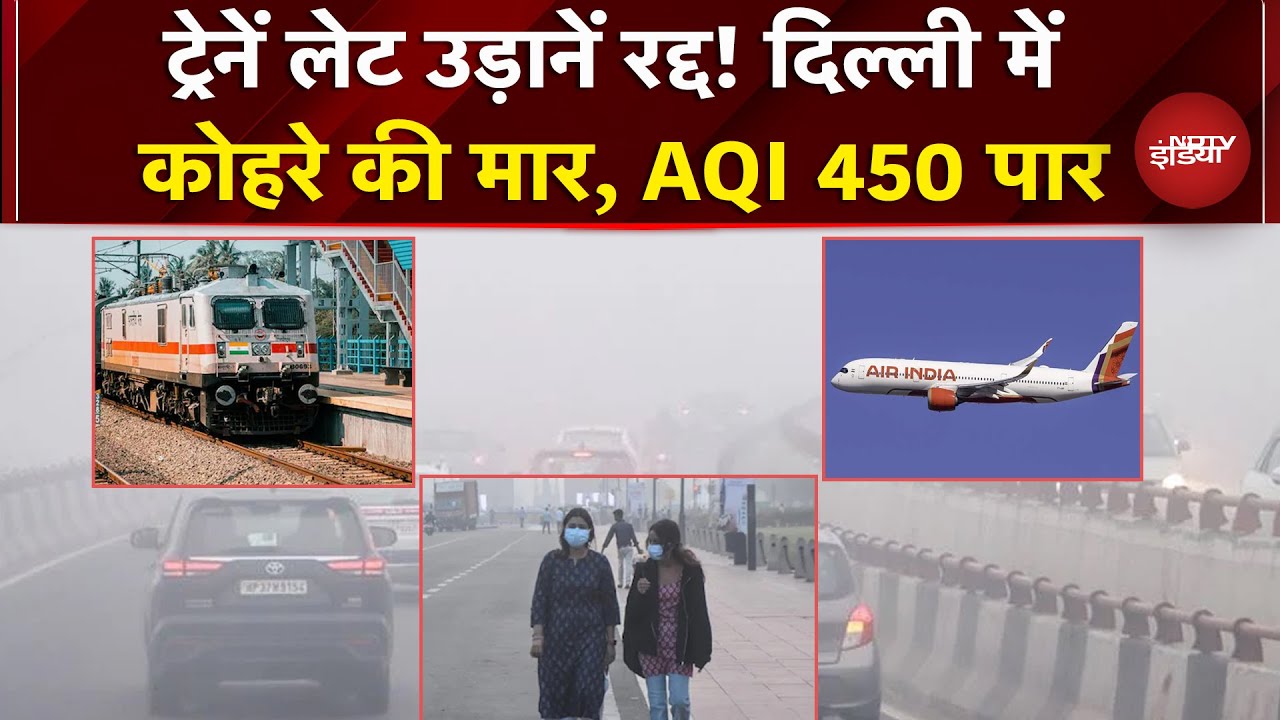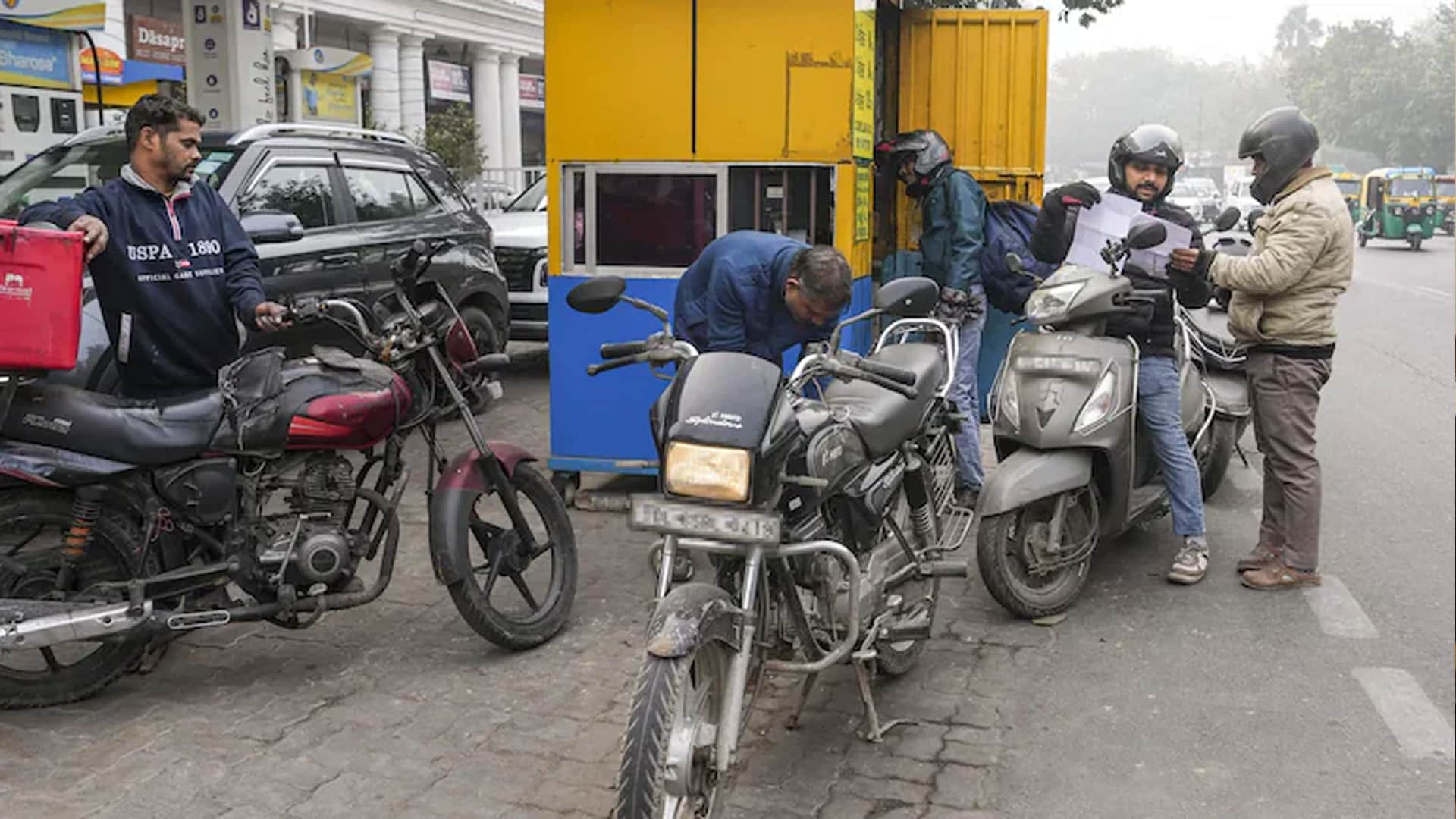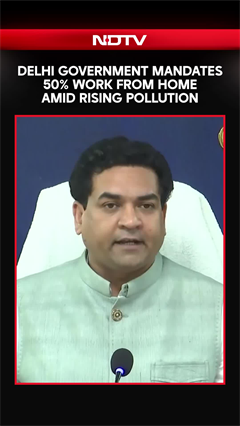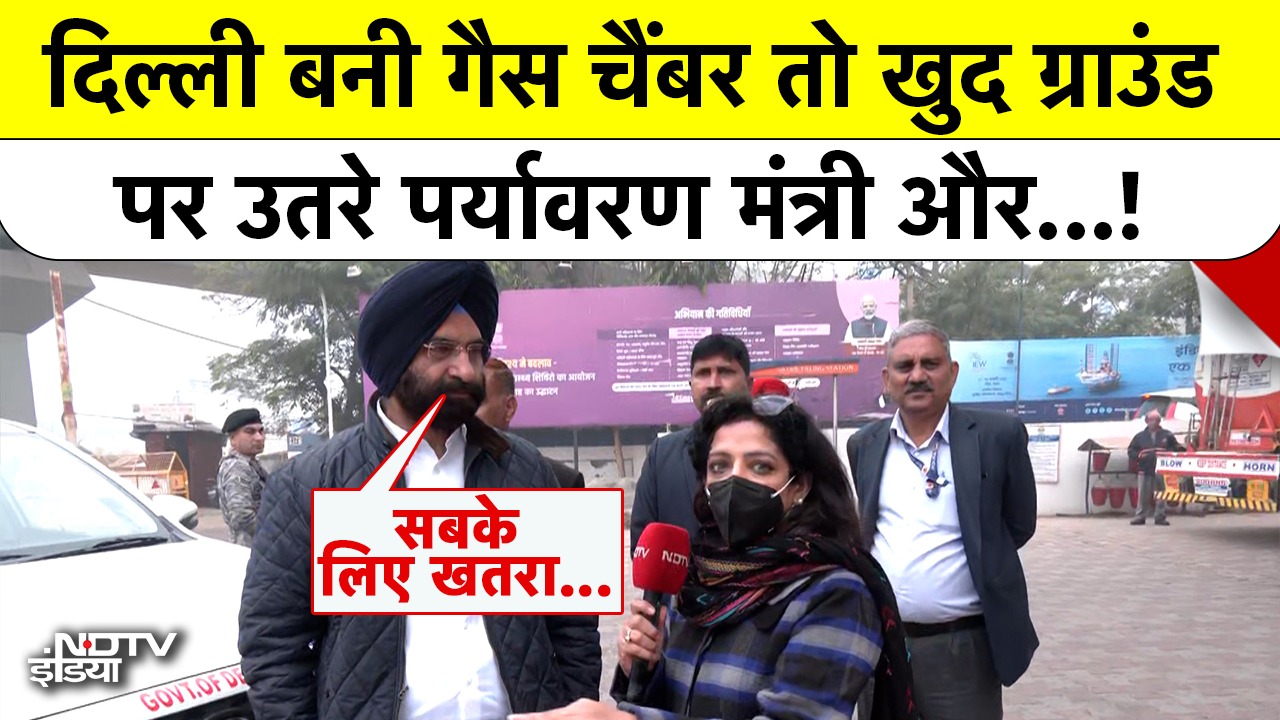- Home/
- Breathing Issues To Cancer: How Air Pollution Impacts Our Health
Breathing Issues To Cancer: How Air Pollution Impacts Our Health

It's the start of the winter season and Delhi is again witnessing a sharp dip in air quality. The overall Air Quality Index (AQI) stood at 346, according to the Central Pollution Control Board (CPCB). Experts say there are many contributing factors for Delhi pollution, such as vehicular emissions, smoke from stubble burning and low wind speed. The crisis situation has caused the central government to implement more stringent curbs under the Graded Response Action Plan or GRAP to limit the pollution.
Several studies have highlighted the ill effects of air pollution, which is the single largest environmental health risk in Europe and a major cause of premature death and disease.
According to European Environment Agency (EEA), both short- and long-term exposure to air pollution can lead to a wide range of diseases, including stroke, chronic obstructive pulmonary disease, trachea, bronchus and lung cancers, aggravated asthma and lower respiratory infections.
A global survey carried out a few years ago found that chronic exposure can affect every organ in the body, complicating and make existing health conditions worse.
How air pollution impacts our internal organs
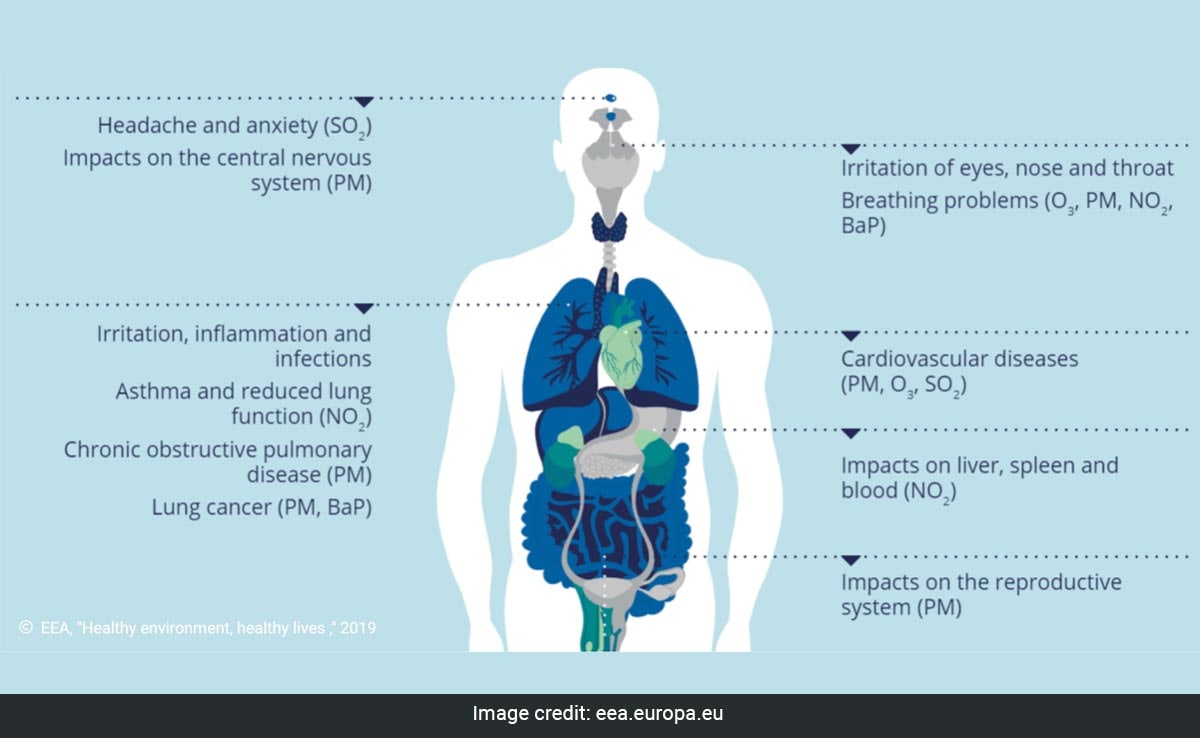
Central nervous system: Neurotoxicants produced by foul air can have adverse effects on the nervous system during development, including cell growth and migration. The impact is highest in the developing brain of infants and children. They can suffer from mental and cognitive developmental disorders, attention deficit hyperactivity disorder, and autism spectrum disorder. EEA said headache and anxiety is also one of the impacts of neurotoxicants produced by air pollution.
Breathing problems: This is one of the most common impact of drop in AQI. Polluted air can cause difficulty breathing, flare-ups of allergy or asthma, and other lung problems. Whether outdoors or indoors, the effects of air pollution are most obvious for those who already have difficulty breathing. This mostly happens because of particulates, the fine and coarse particles that are released when fuel is burned. They can come from things like cars, power plants, and wildfires.
Long-term exposure to air pollution can raise the risk of other diseases, including heart disease and cancer. The International Agency for Research on Cancer has classified air pollution, in particular PM2.5, as a leading cause of cancer.
A recent study in India found a link between exposure to air pollution and type 2 diabetes. Research conducted in Delhi and the southern city of Chennai found that inhaling air with high amounts of PM2.5 particles led to high blood sugar levels and increased type 2 diabetes incidence.
Children and adolescents are particularly vulnerable because their bodies, organs and immune systems are still developing. Air pollution damages health during childhood and increases the risk of diseases later in life.
also read
Thick Smog Blankets Delhi-NCR, Over 100 Flights Cancelled, 50 Trains Delayed
Edited by Aastha AhujaDelhi Government To Install Air Purifiers In 10,000 Classrooms As Pollution Soars
Reported by Ishika Verma, Edited by Amit ChaturvediBattle For Breath: Mumbai's Elite Enclave Turns Pollution Hotspot
Reported by Jitendra Dixit, Edited by Srishti Kapoor
Latest Stories
- Edited by Aastha Ahuja | Saturday December 20, 2025 , New Delhi
The national capital, Delhi, woke up to a thick layer of smog blanketing the city with the Air Quality Index (AQI) at 380, falling under the 'very poor' category.
- Reported by Ishika Verma, Edited by Amit Chaturvedi | Friday December 19, 2025
The government plans a phased rollout, funded through the environment cess, though exact installation timelines have not been announced.
- Reported by Jitendra Dixit, Edited by Srishti Kapoor | Friday December 19, 2025
Air quality in and around Bhakti Park and Wadala Truck Terminal (TT) has plummeted in recent weeks, with AQI levels soaring beyond 300 - classified as "severe".
- Edited by Astitva Raj | Friday December 19, 2025
His post quickly became popular among people who have experienced similar health and safety concerns while living in Delhi.
- Press Trust of India | Friday December 19, 2025 , New Delhi
Commuter awareness rises after Delhi's BS-VI and No PUC, No Fuel enforcement; fuel sales dip in border areas, PUC queues remain steady, says DPDA president.
................................ Advertisement ................................
Latest Videos
Opinion
Blog | Well Done, Delhi. You've Turned Lung Sacrifice Into A Badge Of HonourSaikat Kumar Bose
Monday November 10, 2025Till some years back, Delhiites would ask angry questions to those in power about the capitals annual tryst with toxic air. This has changed. Those in the driving seat dont see the need to answer now.
Opinion | Why Indians Have Just Given Up On Air Pollution CrisisTanushree Ganguly
Friday December 20, 2024While some may argue that people in Delhi are now more aware of air pollution than they were a decade back, my rebuttal would be that awareness does not mean that people are concerned.
Opinion | You Must Outrage Over Filthy Air More Than Once A YearJyoti Pande Lavakare
Tuesday December 10, 2024Delhi welcomed us with monsoon rains and mangos. We were home. Fast forward a couple of years, in the winter of 2012, I found myself in denial about something other parents, mostly expats, were calling toxic air.
Opinion | Delhi's Air Pollution Situation Is Like A Bad MarriageNishtha Gautam
Friday November 22, 2024On a good day, such as today, the AQI reading in Delhi is 407. We are jubilant at the sickly sunshine trickling through the slightly dissipated smog. At least its not 1600.
दिवाली... पराली... सियासी जुगाली!Ashwini kumar
Monday November 18, 2024दिल्ली-एनसीआर में प्रदूषण का समाधान तो आज तक मिला नहीं. हर साल चिंतित होकर हम-आप सांसों की तकलीफ के साथ-साथ दिल और ब्लड प्रेशर के मरीज भी क्यों बनें?










